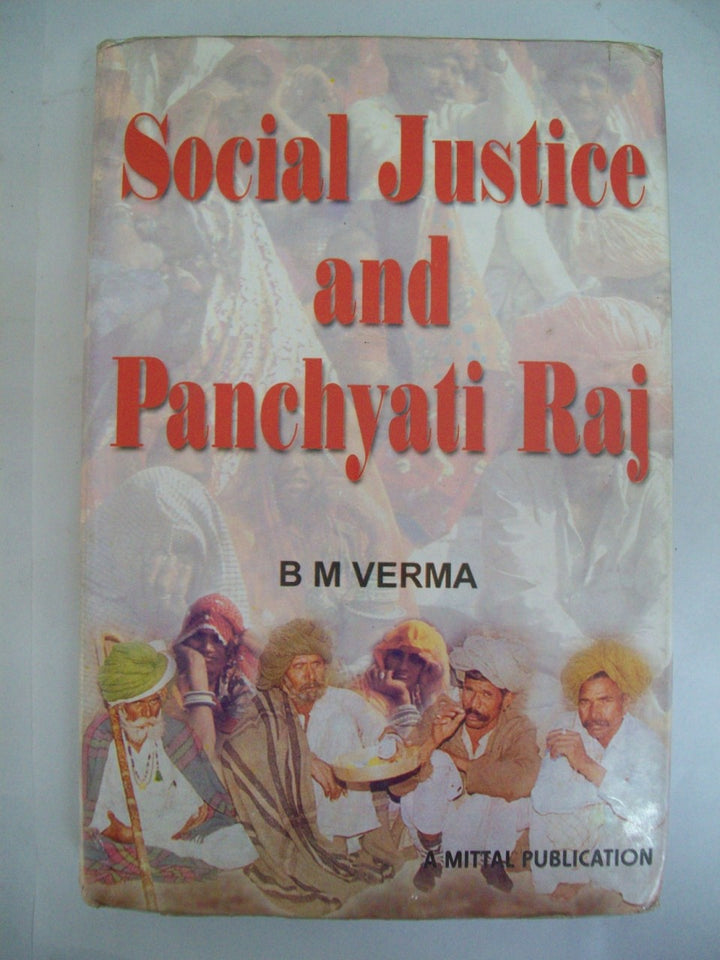Social Justice And Panchayati Raj
Regular price
Rs. 450.00
Social Justice in Panchayati Raj has undergone a major change of direction in the light of The Constitution Seventy-third Amendment (Act), 1992. In the backdrop of social transformation, social justice in all its dimensions, i.e., fairness, entitlement, equality, and impartiality has been operationalised through democratic decentralisation. For preservation of human rights, and to sustain functional democracy, the study analyses the process of political re-structuring and examines the institutional changes in the new paradigm of development. In order to find out the gap between policy-formation and policy- implementation, the operational dynamics of the New Panchayati Raj Act has been studied. Further, to achieve the goal of distributive justice, both structural and contextual factors to revitalise the power devolution in favour of weaker sections call for the observance of rule of law. For evolving a sound substructure of democratic government supported by social development, it is necessary to reinvent a new democratic system of government and governed. The author attempts to test the implicit operation of self-rule in federal polity in the quest of not only the general investigation of the twin policy goals, ?growth with social justice? and ?equitable distribution? but also anticipated form and content of democratic vision in politics. The role performance of street-level bureaucrats and local political executives for eradication of poverty has been scanned towards the aim of designing an integrated system of decentralised administration. The study also suggests new measures for effective development, and management of Panchayati Raj institutions. Policy makers, planners and administrators will find the present study highly valuable.
Guaranteed Safe Checkout





